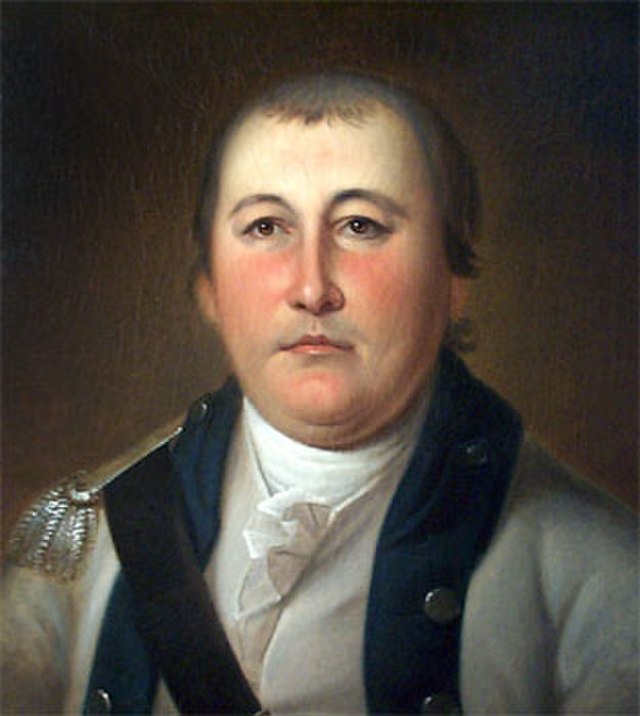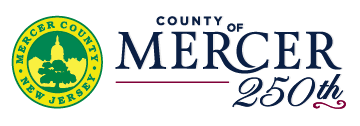William Washington
1752 - 1810

I was born on February 28, 1752, in Stafford County, Virginia, a distant cousin of George Washington. When the call to arms rang out at the start of the American Revolution, I was elected Captain of the Stafford County Minutemen. My unit soon joined the Third Virginia Regiment and headed north to fight.
At the Battle of Trenton on December 26, 1776, I led a charge against Hessian artillery and was wounded in the action. For my bravery, I was promoted to Major and placed in command of cavalry under the newly formed Fourth Regiment of Continental Light Dragoons. By 1779, I had risen to Lieutenant Colonel, leading the Third Regiment of Light Dragoons into battle across the Carolinas. In South Carolina, I helped capture Rugeley’s Fort and defeated Loyalists at Hammond’s Old Store. But it was at the Battle of Cowpens on January 17, 1781, where I made my name. There, I led a bold cavalry charge that helped rout the British forces. For my actions, Congress awarded me a silver medal, one of only eleven given during the war.
Later that year, I fought at Guilford Courthouse, Hobkirk Hill, and Eutaw Springs, where I was wounded and captured. I spent the rest of the war as a prisoner in Charleston. After the fighting ended, I remained in South Carolina, married Jane Reily Elliott, and took up life as a planter at Sandy Hill. I served in the South Carolina legislature, commanded the state militia, and was appointed Brigadier General during tensions with France in 1798. I stayed active in public life until illness overtook me. I died on March 16, 1810, remembered as one of the finest cavalry officers of the Revolution. Lord Cornwallis himself once said there was no more formidable man to face in battle than Colonel William Washington.
